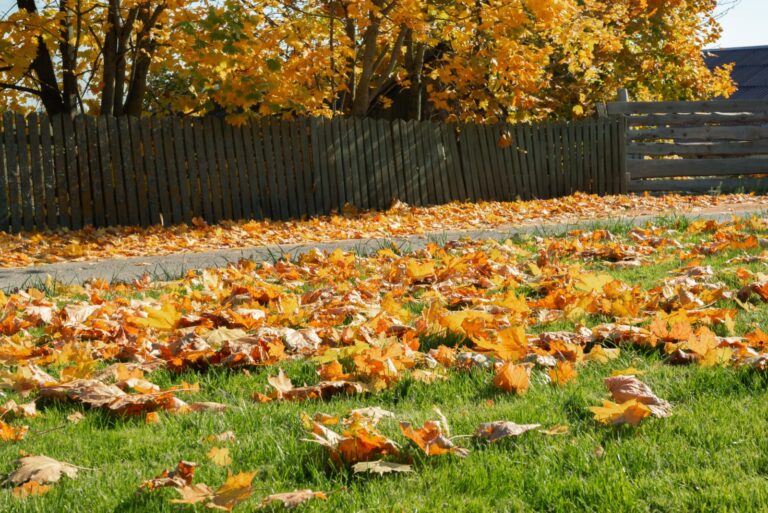10 Yard Features Likely To Be Banned Soon In Delaware Neighborhoods
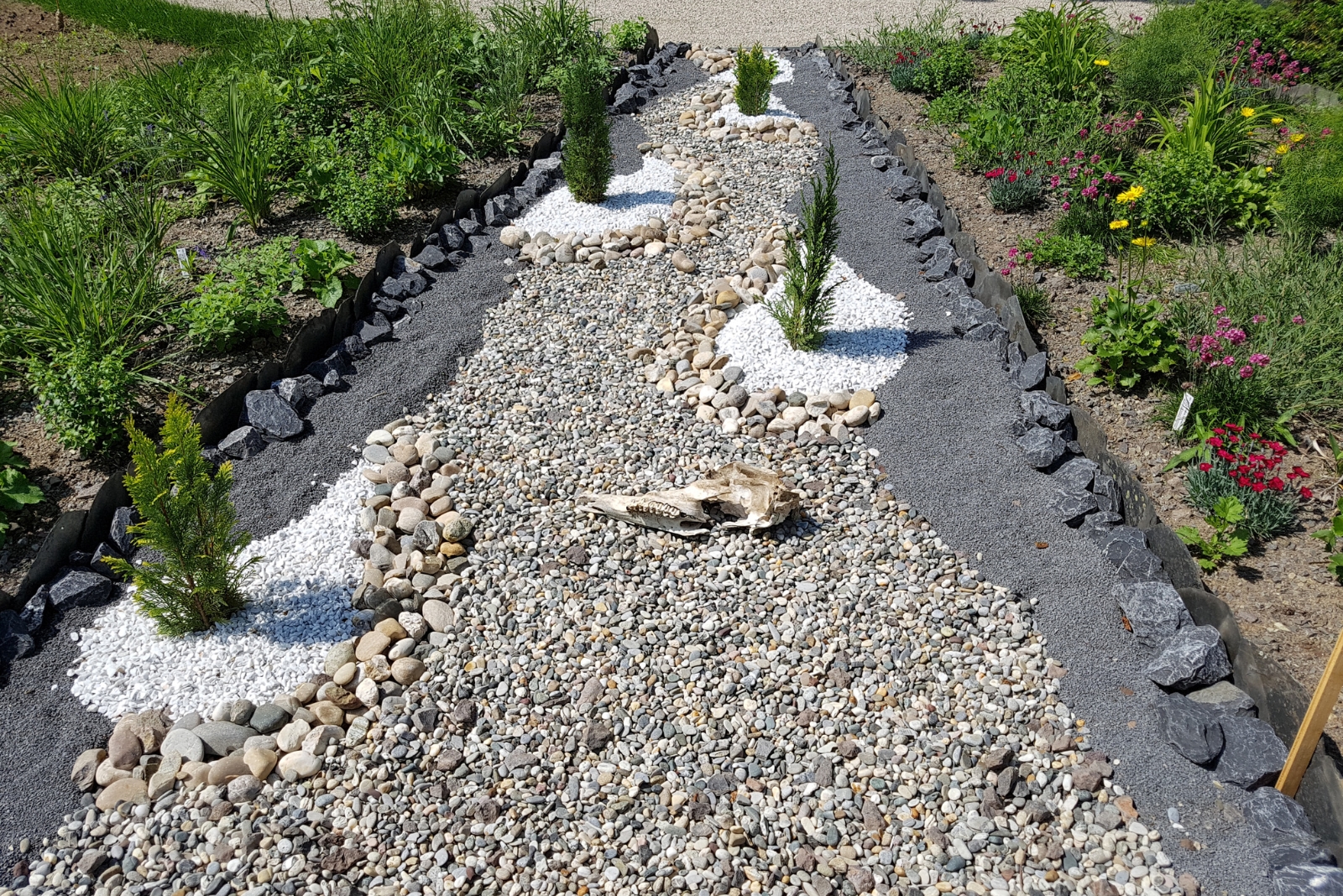
Delaware homeowners might soon face new rules about what they can have in their yards. Local neighborhoods are looking at ways to keep communities safe, clean, and attractive for everyone.
Some popular yard features could be heading toward restrictions or complete bans in the near future, so it’s smart to know what might change before you invest time and money into your outdoor space.
1. Artificial Turf And Fake Grass
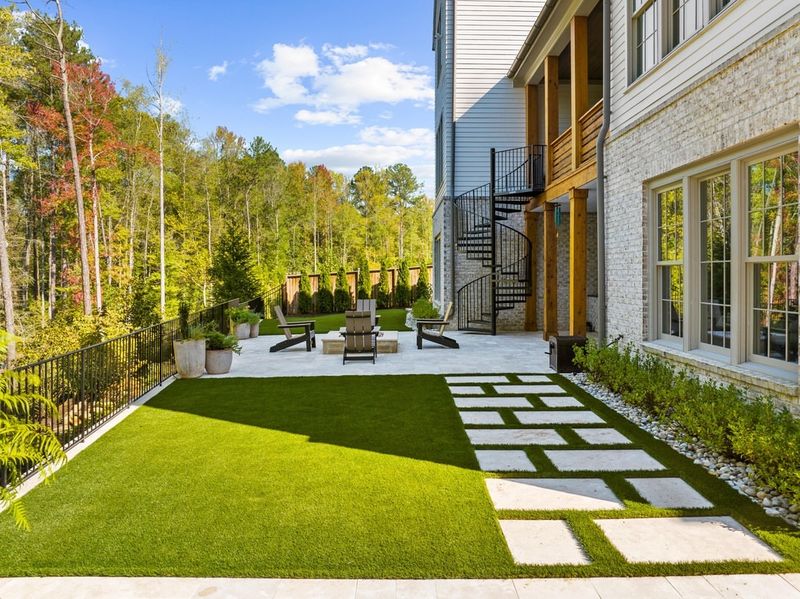
Plastic grass might seem like an easy solution to lawn care, but many Delaware communities are reconsidering its environmental impact. The material can trap heat, making yards uncomfortably warm during summer months.
Runoff from synthetic lawns often contains microplastics that damage local waterways. Wildlife also struggles with fake grass since it provides no food or shelter.
Natural alternatives like clover or native ground covers offer better options that support local ecosystems while still reducing maintenance time and effort.
2. Permanent Above-Ground Pools
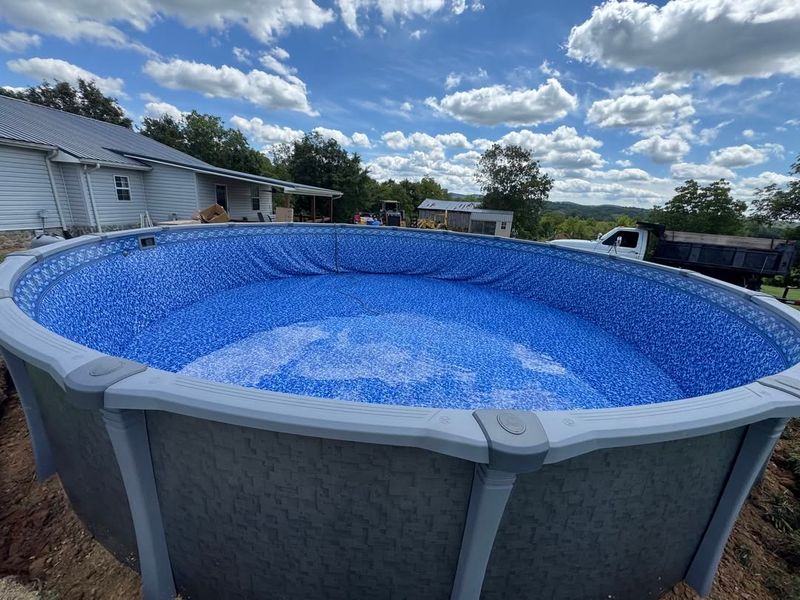
Big metal pools sitting on top of the ground have become eyesores in many neighborhoods. Safety concerns about unsupervised access and drowning risks have pushed communities toward stricter regulations.
Permanent structures like these often violate property line setbacks and create drainage problems for neighboring yards. Insurance companies are also raising rates for homes with these installations.
If you want a pool, in-ground options with proper fencing and permits will likely become the only approved choice in most Delaware developments soon.
3. Tall Privacy Fences Over Six Feet
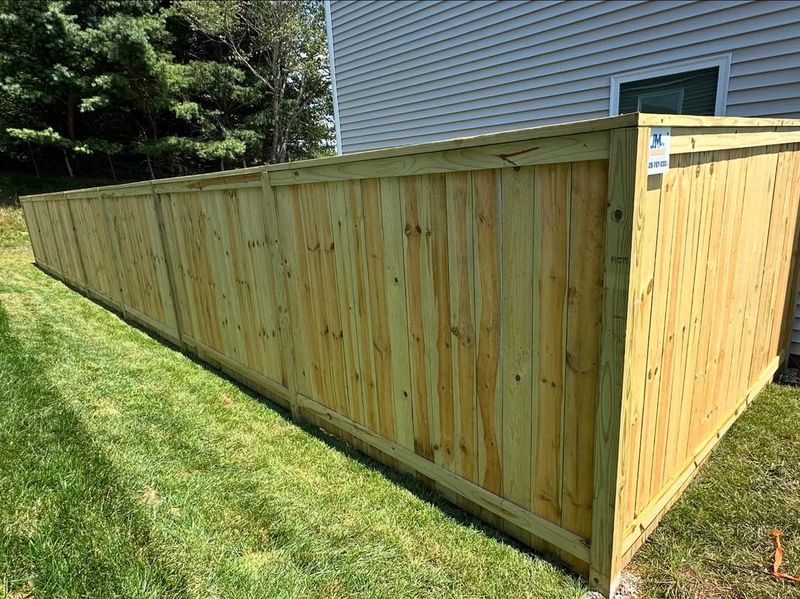
Towering fences might offer privacy, but they’re creating disputes between neighbors throughout Delaware. Blocking views and sunlight causes friction, and many HOAs are clamping down on excessive heights.
Emergency responders have also raised concerns about accessibility during crises. Tall barriers can hide illegal activities or code violations from street view.
Most communities are moving toward standard six-foot maximum heights, with special permits required for anything taller based on legitimate security needs rather than simple preference.
4. Backyard Chicken Coops
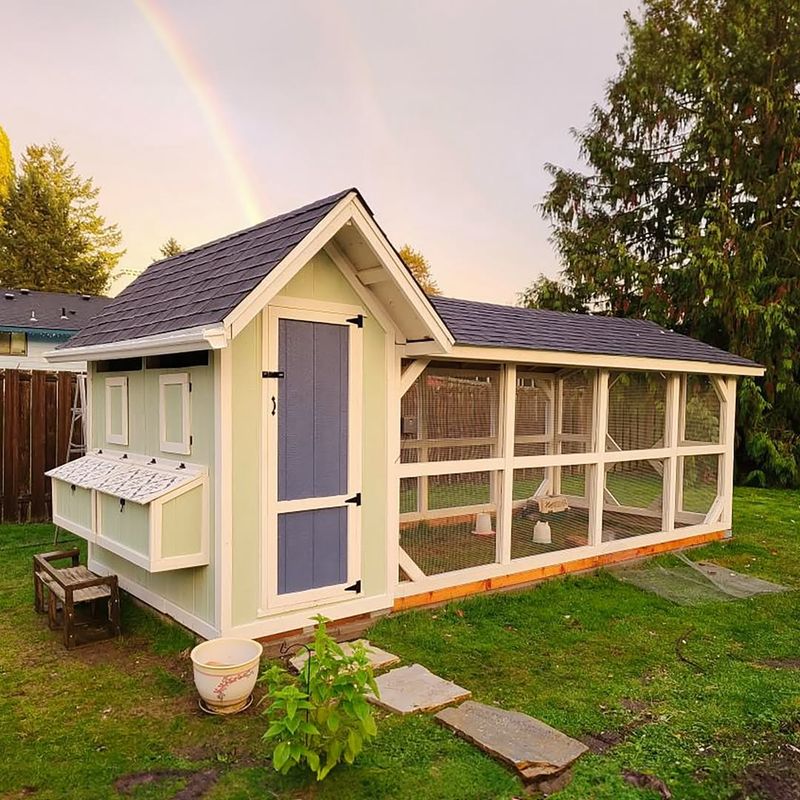
Fresh eggs sound wonderful until your neighbor’s rooster wakes you at dawn every morning. Noise complaints about chickens have skyrocketed in Delaware suburbs where people tried bringing farm life to town.
Predators attracted to coops often threaten pets, and improper maintenance creates terrible smells. Health departments worry about disease transmission in densely populated areas.
While some towns still allow hens with permits, complete bans on backyard poultry are becoming more common as urban and suburban neighborhoods prioritize peaceful coexistence over hobby farming.
5. Decorative Gravel And Rock Yards
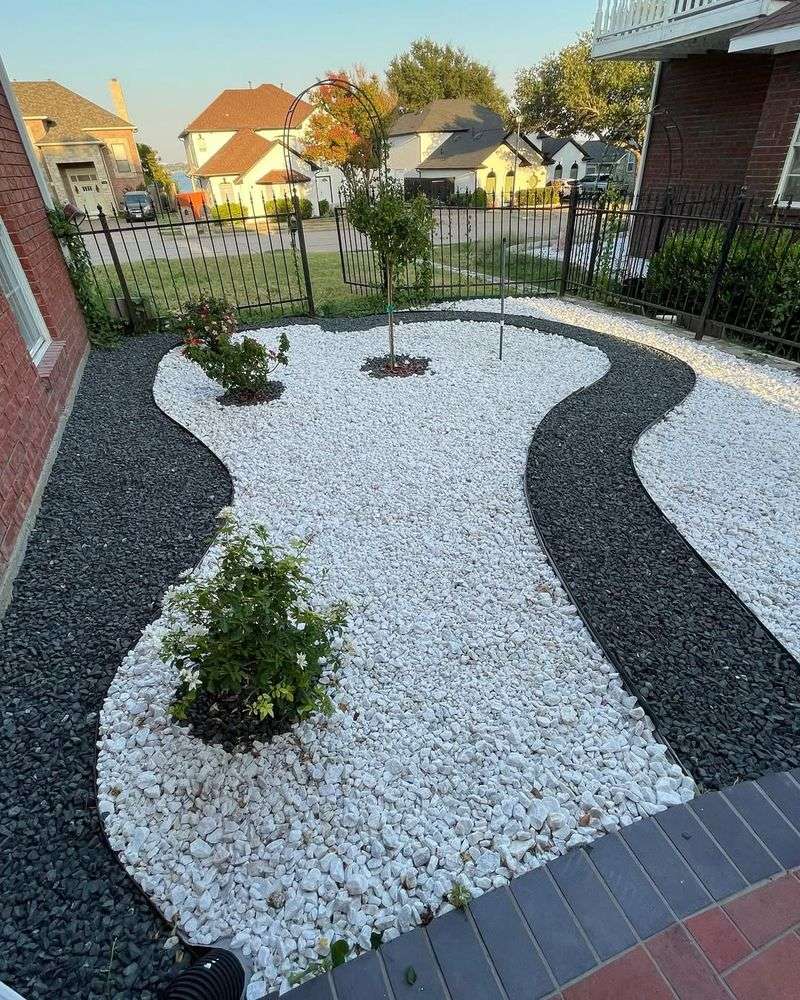
Replacing entire lawns with rocks creates drainage nightmares that affect whole streets during heavy rains. Delaware’s wet climate means water needs somewhere to go, and gravel doesn’t absorb moisture like living plants do.
Heat reflection from rock yards also increases temperatures for surrounding homes. Neighborhoods with multiple gravel properties have reported significantly higher cooling costs.
Communities are starting to require minimum percentages of living vegetation to maintain proper water management and keep neighborhoods comfortable and environmentally balanced year-round.
6. Permanent Outdoor Storage Sheds Without Permits
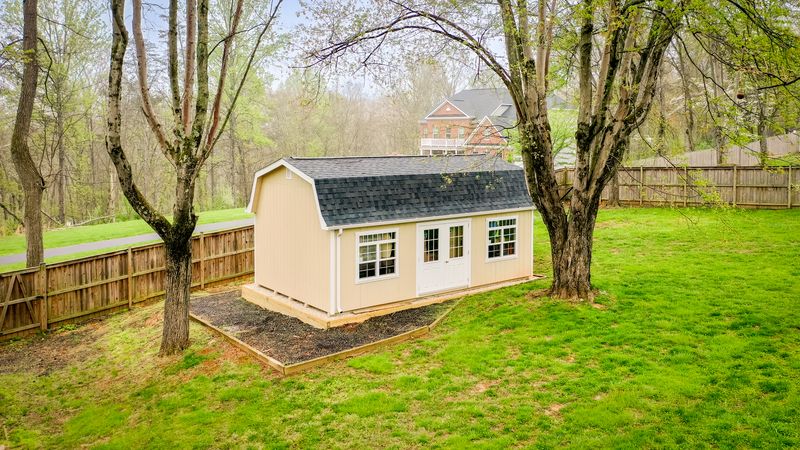
That shed you bought and assembled last weekend might violate building codes you didn’t know existed. Delaware townships are cracking down on unpermitted structures that pop up without proper approval or inspection.
Poorly placed sheds can block drainage easements or sit too close to property lines. Some become cluttered eyesores that decrease neighborhood property values.
New enforcement efforts mean you’ll need permits, inspections, and approval before installing any permanent outdoor structure, regardless of size, to ensure it meets safety and placement requirements.
7. Front Yard Vegetable Gardens
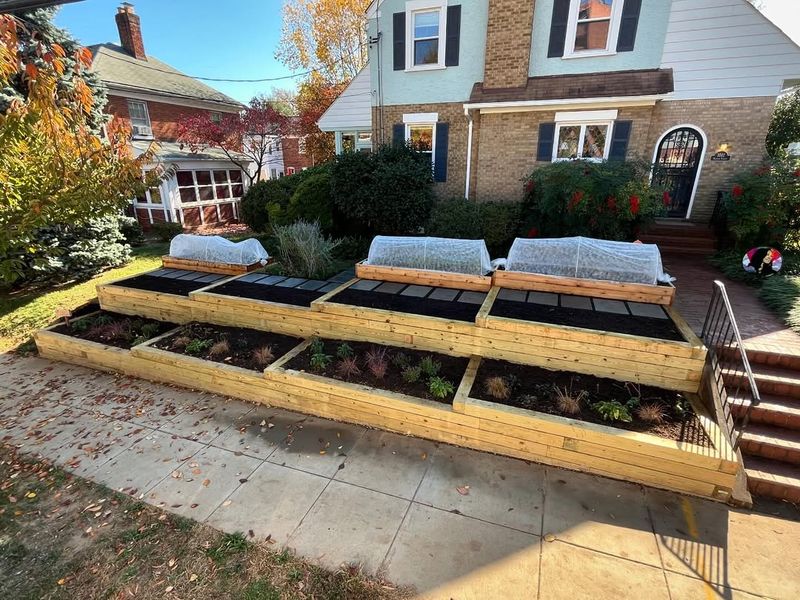
Growing tomatoes where your lawn used to be might seem practical, but HOAs across Delaware are pushing back hard. Front yard gardens often look messy during growing season and downright ugly after harvest.
Property value concerns drive most restrictions since potential buyers prefer traditional landscaping. Neighbors complain about composting smells and pest attractions.
Backyard gardening remains welcome in most places, but front-facing vegetable plots are increasingly prohibited to maintain consistent neighborhood aesthetics and protect everyone’s home values from declining due to unconventional landscaping choices.
8. Unpermitted Fire Pits And Outdoor Fireplaces
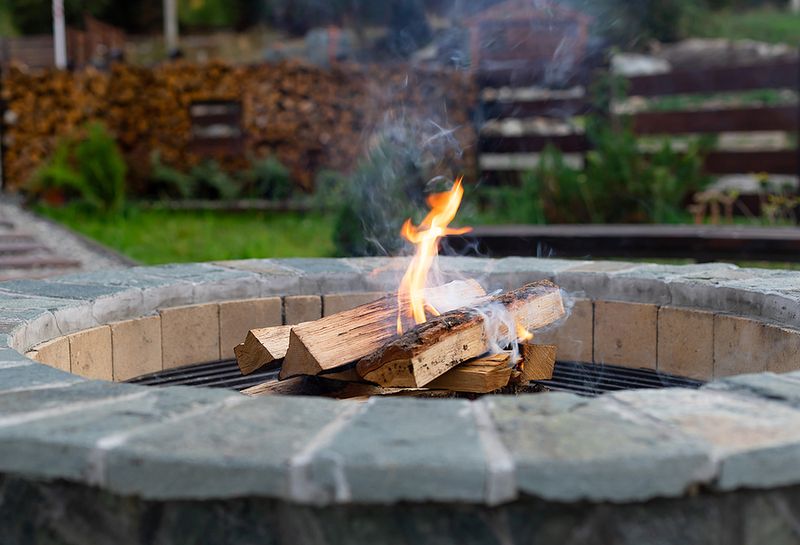
Cozy fires sound perfect until smoke drifts into your neighbor’s open windows on beautiful evenings. Fire departments throughout Delaware are concerned about unregulated burning in residential areas where homes sit close together.
Sparks from uncontained fires can ignite dry grass, wooden fences, or even nearby structures. Air quality issues also arise when multiple households burn simultaneously.
Stricter regulations now require permits, minimum distances from structures, and approved equipment designs to ensure everyone’s safety while still allowing responsible outdoor fire enjoyment under proper supervision and conditions.
9. Parking RVs And Boats In Driveways
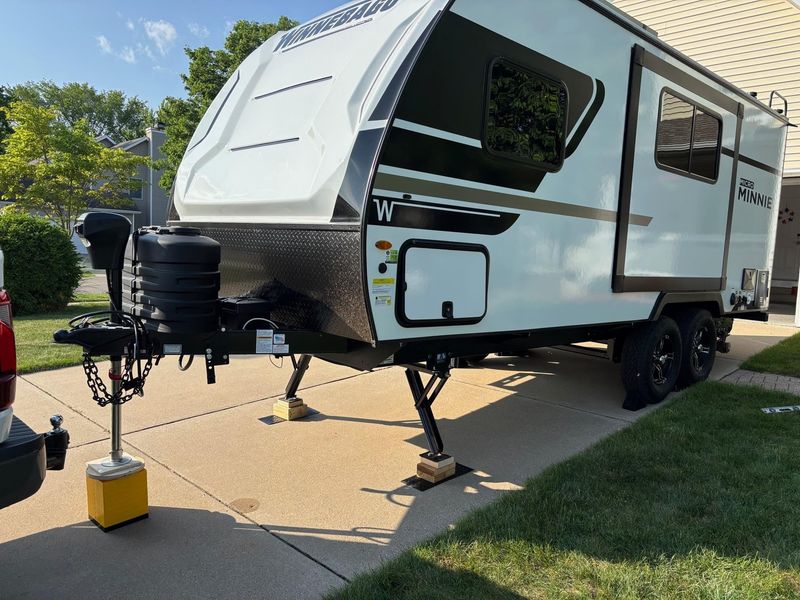
Your camper might be your pride and joy, but it’s blocking your neighbor’s view and making the street look like a storage lot. Delaware communities are tightening rules about visible recreational vehicle parking.
Large vehicles create sight-line problems at intersections and make streets feel cramped. Property values often drop when multiple homes store big equipment in plain view.
New ordinances typically allow short-term parking for loading and unloading but require off-site storage facilities for extended periods to keep neighborhoods looking residential rather than commercial.
10. Decorative Yard Flags And Excessive Signage
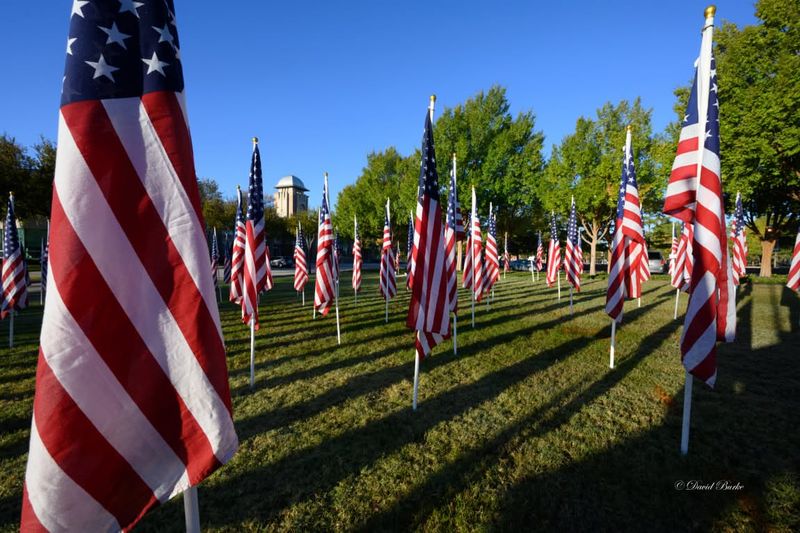
One welcome flag is charming, but fifteen seasonal decorations flapping in the breeze crosses into visual chaos. Delaware neighborhoods are establishing limits on the number and size of yard displays.
Political signs during election season have become particularly contentious, with some properties resembling campaign headquarters. Commercial advertising on residential property also blurs zoning boundaries.
Expect new rules limiting total signage square footage and restricting display durations to maintain neighborhood character while still respecting reasonable personal expression and seasonal decorating traditions that don’t overwhelm the streetscape.

